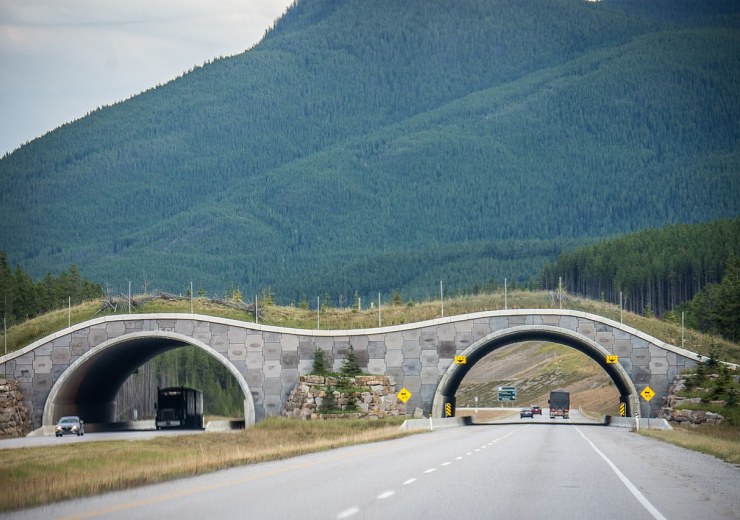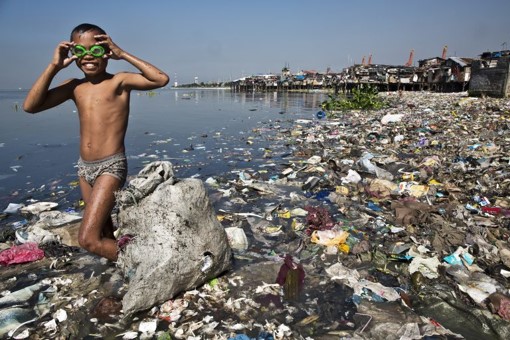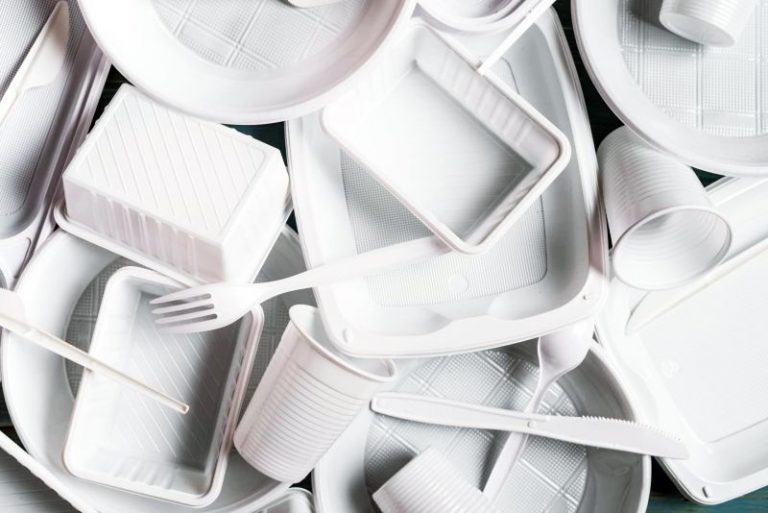How Long do Solar Panels Last
On average most solar panels have a 25 year limited warranty on power output. This speaks to the remarkable lifespan of solar panels. Some manufacturers claim that while their warranty is around two decades, many solar panels continue to work for 40 to 80 years. These are amazing statistics, but there are other details that have to do with this lifespan that are important to be aware of.
Durability is an important characteristic of solar panels. Most commonly it is found that for the first ten years there is minimal evidence of wear and tear. When usage begins to show it is because the solar cells have the tendency to slowly degrade under the sun’s rays. Crystalline panels have a much slower degradation rate than thin film and will therefore continue to produce energy for a longer period of time. Crystalline panels are often guaranteed from 20 years to lifetime. Thin film panels usually have warranties from 2 to 5 years but have been found to put out a charge up to twice that amount of time.
While the panels are the main component of a solar energy system, other parts may need to be replaced. Fortunately the other materials are much lower in cost and easier to attain. These components, such as batteries, may only need to be replaced once every five to ten years.
• There are no moving components on solar panels. This leads to less damage as there is zero movement to further degrade materials. Natural weather (sun amongst other tough weather conditions) is the most damaging effect on solar panels. Minor maintenance is necessary to keep solar panels in top shape and ensure a long lifespan.
• Solar panels require minimal general maintenance, however this varies depending on the climate you live in. Proper maintenance can lengthen the lifespan of a solar panel. Shade on the panels, such as overgrown limbs, needs to be kept to a minimum. Leaves, dirt, and dust must also be avoided. Shade produced by this debris can severally impact the efficiency of solar panels. Panels need the most direct sunlight possible to be efficient.
• High winds will require extra maintenance for solar panels, including regular cleanings. Dust, gravel, dirt, and more must be removed. Smog can also settle on the panels, and must be wiped off to allow them to continue to perform optimally.
• Winter is a particularly rough season for solar panels. Snow must be removed to allow sunlight to reach the panels. This must be done relatively gently to avoid damage to the panels. Sloped roofs (which solar panels are often installed on) make the challenge of removing snow especially difficult and dangerous.
Solar panels have a long life which can be prolonged with attentive care and an awareness of weather and the surroundings of the solar panels.




